Are you worried that eating too much fruit might be unhealthy? If so, you are not alone!
The subject of fruit consumption came up the other day when I was chatting with one of my girlfriends who recently bumped up her fruit intake. My friend commented on how much energy she had and how she noticed her sugar cravings had been greatly reduced since she started eating more fruit.
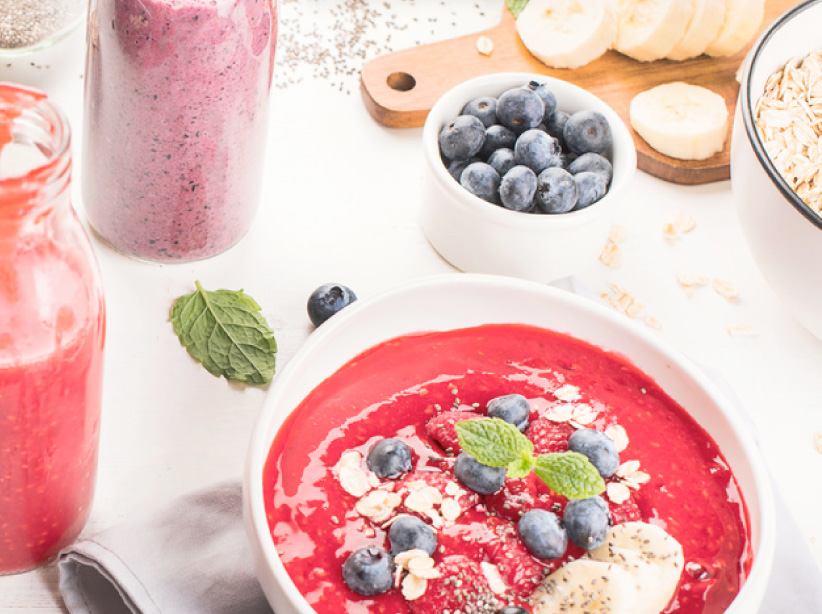
- Is the Sugar in Fruit Something to Worry About?
- Studies Show People Who Eat “Whole” Fruit Weigh Less
- Studies Show People Who Eat Fruit Are Healthier & Age More Gracefully
- People Don’t Even Come Close to Eating the Optimal Amount of Fruit to Begin With
- No Need to Worry About Eating Too Much Fruit if You Are Eating “Whole” Fruit
- It is VERY Difficult to Overeat Fruit
- Are Any Fruits Off-Limits?
- What About Fruit Supplements?
I was not at all surprised because I have had the same experience. In fact, if you read my blog post a while back on how I was finally able to stop sugar cravings, you know that adding more fruit to my diet was the secret. And I am someone who has craved sugar for as long as I can remember! As a side note, did you know that food cravings are often the result of a nutrient deficiency? Calorie for calorie, fruits (and vegetables) are the most nutrient dense foods on the planet and eating more of them will do wonders for curbing food cravings.
Yet a good number of people still worry about eating too much fruit. Even after my friend noticed the difference with her energy and sugar cravings, I could tell she was still a bit worried that somehow the extra fruit was not healthy.
In fact, of all the food groups that exist, the one my husband’s patients are consistently most confused about is fruit. My husband is a general surgeon and many of his patients have type 2 diabetes and/ or a Body Mass Index (BMI) over 30. People with both conditions are often under the impression that eating too much fruit can potentially exacerbate their health problems. Even individuals who are are simply looking to lose a mere 10 or 15 pounds often believe slashing fruit from their diet would be beneficial. And without a doubt, the biggest universal concern people have with fruit is the sugar.
Is the Sugar in Fruit Something to Worry About?
It is absolutely true that all fruit contain sugar—certainly more sugar than ultra-low calorie dark leafy vegetables and non-starchy vegetables. But the kind of sugar in “whole” fruit (fructose) is converted into glucose, the type of sugar that causes insulin levels to rise, at a very, very slow rate. In other words, the sugar in “whole” fruit does not disrupt your blood sugar like the sugar from a lollipop or a can of soda pop. It is important to emphasize it is “whole” fruit we are talking about though (more on “whole” fruit in just a bit…) As long as you are consuming fructose the way nature intended, as part of the “whole” fruit, then you don’t need to worry. I’ll explain more in just a bit…
But first, it is very important to realize there is a HUGE difference in how your body metabolizes the sugar from “whole” fruit rather than refined high fructose corn syrup (HFCS). I won’t go into all the reasons not to eat HFCS in this article, but Dr. Hyman does a great job explaining all of the reasons HERE. But for the purpose of this article, just know I am not saying that HFCS is healthy.
Studies Show People Who Eat “Whole” Fruit Weigh Less
Many people acknowledge fruit is a nutritious choice, but they still worry that it could somehow be fattening. This is especially true if they have type 2 diabetes or a BMI over 30. But this is just NOT the case.
It is super important to realize that real world effects of “whole” fruit consumption have actually been show to be inversely associated with BMI and body weight. In other words, people who eat more fruit weigh less. “Whole” fruit consumption is also associated with less risk of type 2 diabetes.
In a study published in the journal Nutrition, 77 overweight and obese dieters enrolled in a 6-month randomized controlled trial testing the effects of a computer-assisted dieting intervention program with the goal to decrease energy intake, increase fruit and vegetable consumption, and maintain a balanced diet. Vegetable consumption increased as a result of the intervention, but fruit consumption did not. However, after controlling for age, gender, physical activity and daily macronutrient intake, higher fruit consumption was associated with a lower BMI both at the baseline and at the end of the study. Although overall fruit consumption did not increase, those participants who did increase their fruit consumption lost more weight. The results suggest that eating more fruit by no means reduces the likelihood of weight loss.
Studies Show People Who Eat Fruit Are Healthier & Age More Gracefully
Researchers have also discovered substances in fruit called phytonutrients that have extraordinary effects on slowing the aging and deterioration of the brain.
For example, the anthocyanins in blueberries have been found to improve cognitive function for people of all ages, reduce inflammation, protect against type 2 diabetes and lower blood pressure. (Note: If you want to maximize your intake of anthocyanins, wild blueberries are the best choice. Wild blueberries have considerably more anthocyanins than their conventional cousins!)
And studies continue to provide evidence that more than any other food, phytonutrient-rich fruit consumption is associated with lowered mortality from ALL cancers combined.
Each fruit offers its own unique set of disease-preventing/ health-boosting phytonutrients, and the more exposure you can get to the broadest spectrum of these substances the better. In other words, blueberries are great, but you don’t want to just eat blueberries. When it comes to fruit (vegetables too), eat the rainbow!
People Don’t Even Come Close to Eating the Optimal Amount of Fruit to Begin With
The #1 biggest diet mistake people make is not eating enough fruits and vegetables.
One of the most consistent findings in scientific literature is that as fruit and vegetable consumption increase in the diet, chronic disease (including obesity and type 2 diabetes) decreases across the board. The CDC, the National Cancer Institute, the American Heart Association and the U.S. Department of Agriculture all recommend adults eat 7 to 13 servings of fruits and vegetables a day.
Only 12% of Americans eat the minimum of 1 1/2 to 2 cups of fruits per day. Unless you are a fruitarian (someone who eats nothing but fruit), then in all likelihood the last thing you need to do is worry about is that you are eating too much fruit!
No Need to Worry About Eating Too Much Fruit if You Are Eating “Whole” Fruit
The less you do to your food the better. In other words, the closer you can keep a food to it’s original natural state the healthier and more nutritious it will be. That means olives are healthier than olive oil. Corn on the cob is a better choice than corn flakes. And “whole” fruit is a better choice than fruit juice.
Even it is is 100% raw juice that has been fresh pressed and not pasteurized, fruit juice is still a processed food.
We talk extensively about the difference between “whole” fruit verse fruit juice and why we are not big fans of fruit juice on the blog HERE. But three of the primary reasons we are not big advocates of fruit include:
- Fruit juice does not contain the anti-inflammatory and gut-health promoting fiber found in the “whole” fruit
- The sugar in fruit juice is quickly absorbed (because the fiber has been removed)
- Along with removing the fiber, juicing also removes the gut-health-promoting prebiotics (which are found in the fiber!)
- Fruit juice is very easy to over-consume
Juicing fruits allows you to consume approximately three times the calories without the gut-health-promoting fiber to regulate absorption. The nutrient-per-calorie ratio is just much, much higher for the “whole” fruit. Unless you are an extremely active individual who needs the extra calories, then we just can’t see any reason to consume fruit juice over “whole” fruit. This is especially true if you have type 2 diabetes or excess weight to lose.
It is VERY Difficult to Overeat Fruit
If you are eating “whole” fruits it is pretty darn hard to over-consume them.
Your stomach only has so much space and it can only hold so much food. “Whole” fruits take up a lot of bulk and space in your stomach. They work mechanically to keep you feeling full and satisfied. Even if you wanted to overeat “whole” fruit, it wouldn’t be an easy task.
Unless they are dried, all fruits are high-volume / low calorie foods. Even though we are not fans of counting calories, for the purpose of this example consider this scenario: Imagine you were given a huge bowl, say 2 cups worth, of mixed “whole” fruit in the form of strawberries, bananas, apples, oranges and berries. If you ate the entire 2 cup bowl of mixed fruit you would consume no more than 200 calories. That is not a lot of calories in the grand scheme of things. How many bowls of fruit do you think you could eat before your stomach simply felt too full? Chances are the 2 whole cups would probably fill you up quite a bit!
Feeling full fast is one of the reasons why people don’t binge on fruit. They binge on low-volume/ high calorie foods like ice cream and potato chips. In one sitting it is VERY easy to consume 200 calories of ice cream or potato chips, but it’s just not easy to overeat fruit.
Pin this graphic for later!
Are Any Fruits Off-Limits?
For the longest time, one of the most popular articles on the blog was the one titled “Are Bananas Good For You”. The answer is yes, they are!
In our book there are no off-limit fruits. That means even “high sugar” fruits like bananas (did you know bananas are a great source of prebiotics?!), mangoes, dates, etc. are all nutrient-rich food choices.
If you avoid fruit juice and instead eat the “whole” fruit you’ll be getting plenty of blood-sugar-blunting fiber, not to mention tons of antioxidants, phytonutrients and vitamins too!
What About Fruit Supplements?
If you can afford to do so, we absolutely endorse supplementation with a “whole food” based fruit supplement. A number of “whole food” fruit (and vegetable!) supplements are now on the market. They are sold in both capsule form or powder form. If they are manufactured the right way, these supplements are an excellent source of additional antioxidants and phytonutrients.
Many “whole” fruit supplement lines are popping up on the market and another one of our favorites is Amazing Grass.Sold in powder form, Amazing Grass is easy to mix in water or a plant based milk. We don’t advise mixing it in juice though (wink) You can purchase Amazing Grass at almost any nutrition store or of course online. My favorite flavor is the Antioxidant one with Elderberry and Sweet Berries.
But again, “whole” fruits will always be your best bet! “Whole” fruit supplements can help you fill nutrition gaps, but they don’t take the place of the real deal.
References:
- Fruit Consumption and risk of type 2 diabetes: results from three prospective longitudinal cohort studies. (British Medical Journal)
- Effects of fruit consumption on body mass index and weight loss in a sample of overweight and obese dieters enrolled in a weight-loss intervention trial. (Nutrition)
- Reversals of age-related declines in neuronal signal transduction, cognitive, and motor behavioral deficits with blueberry, spinach, or strawberry dietary supplementation.(Journal of Neuroscience)
- Fruit and vegetable consumption and cancer mortality in Caerphilly Study. (Cancer Epidemiology)

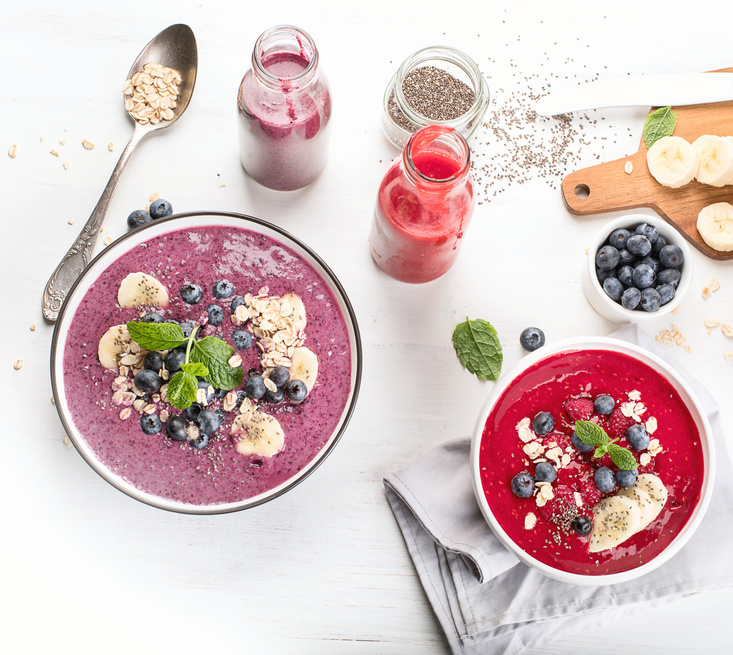
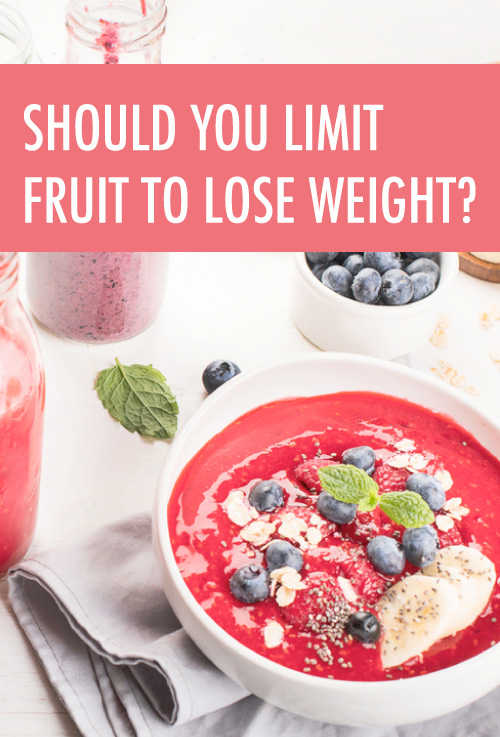
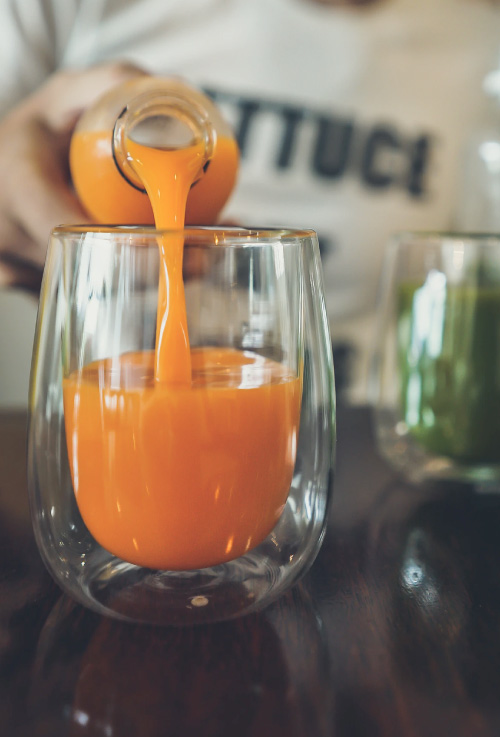


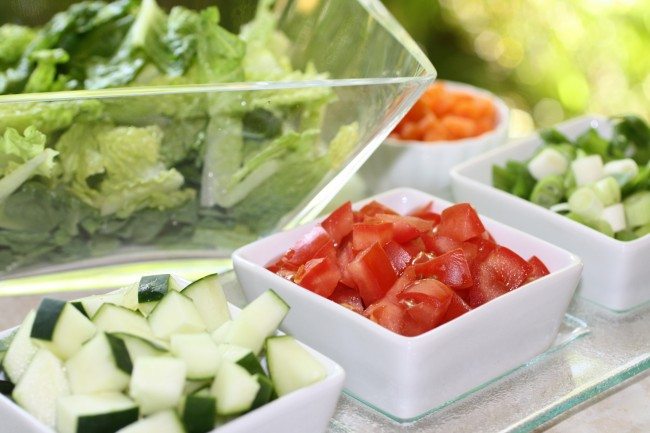


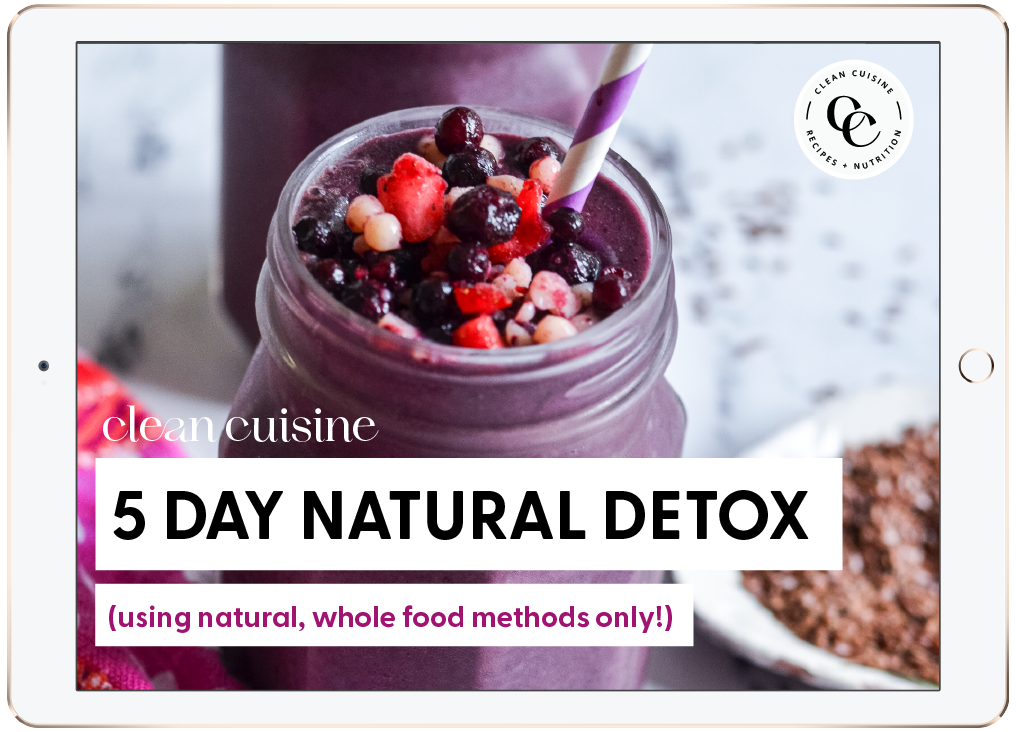
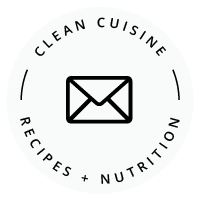
Shannon Carlson
Monday 4th of February 2019
I tried signing up for the 8 week challenge but the link didn't work. It gave me an error message. I'm just wondering if it is still possible to sign up for the 8 week course and if you could add me to the email list. Thank you!
shannon
Ivy Larson
Wednesday 20th of March 2019
Hi Shannon, I am so sorry for the lengthy delay getting back to you. We are currently not running the Challenge through email, but you can still do it by starting with Day 1 here: https://cleancuisine.com/clean-cuisine-challenge-day-1-focus-on-phytonutrients/ ---please let me know if you have any questions. I think it should be self-explanatory if you scroll to the bottom of the blog post. Please let me know if you have any questions.